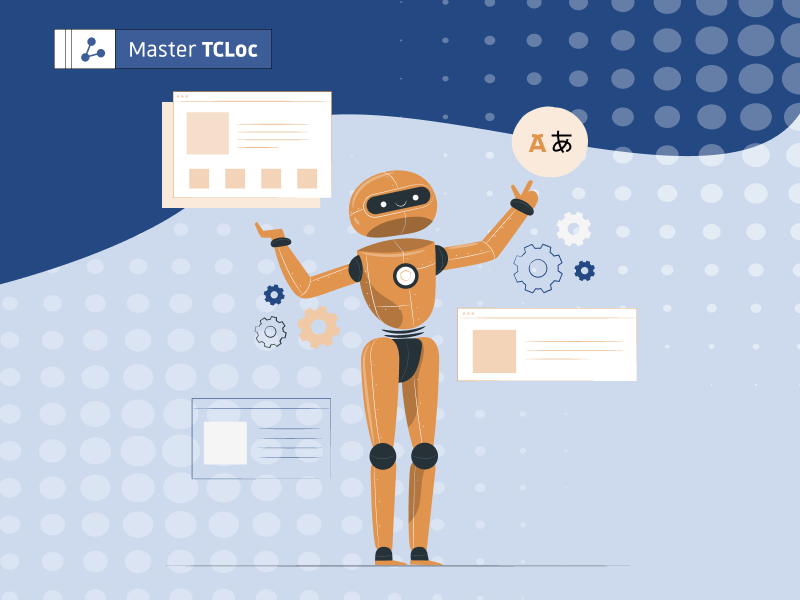While the AI act is still being discussed, EU countries are reckoning with the pace of AI progression and coming up with their own rules. Italy, for example, has banned ChatGPT.
AI Act – The First Legislation on AI in the World
It all started in October 2020, when the European Parliament adopted a legislative own-initiative resolution and requested the European Commission to propose a law.
The regulatory framework on AI called the Artificial Intelligence Act, was presented by the Commission in April 2021 and is still under discussion.
Legislators sought to find a balance between encouraging innovation and protecting the fundamental rights of citizens.
That is why the various AI tools were categorised according to their perceived level of risk, ranging from minimal to limited, high, and unacceptable.
AI-enabled video games or spam filters are classified as minimal or no-risk applications. Limited risk refers to AI systems with specific transparency obligations, like chatbots, and users should be aware that they are interacting with a machine. High-risk AI systems (critical infrastructures, educational training, remote biometric identification systems) will be subject to strict obligations before they can be put on the market and require companies to be highly transparent in their operations. All AI systems considered a clear threat to the safety, livelihoods, and rights of people will be banned.
Such is the draft proposal. But the lawmakers cannot keep up with the pace at which the technology is progressing.
ChatGPT and AI Act
In recent months, the chatbot has taken the internet by storm with its rapid creation of human-like texts. It even infiltrated the European Parliament, where a German politician gave a speech written by ChatGPT (no one noticed until the end) to highlight the need to regulate AI technology.
This surge of ChatGPT is now forcing the European Parliament to rewrite its draft plans. The lawmakers behind the AI Act proposed that AI systems generating complex texts without human oversight should be included in the “high-risk” category — an effort to stop ChatGPT from churning out disinformation at scale.
EU Countries Should Act Independently
While the AI Act is still under discussion, EU countries must formulate their own rules.
Italy became the first Western country to ban ChatGPT. It was taken offline on March 31 after the nation’s regulator accused OpenAI of neglecting to install a function that prevents minors from using the service and cited the “unlawful collection of personal data”.
Italy isn’t the only country grappling with the rapid pace of AI progression and its implications for society. Germany may be the next country in line to ban the ChatGPT AI program. According to comments from the German commissioner for data protection, banning Microsoft’s popular OpenAI project is “possible”.
Data privacy watchdogs in other EU nations, such as France and Ireland, have also reached out to the Italian data regulator to discuss its findings. They would like to understand the basis for the Italian action and coordinate this issue with all EU data protection authorities.
To stay updated on the latest EU legal initiative, subscribe to the EU AI Act Newsletter.



